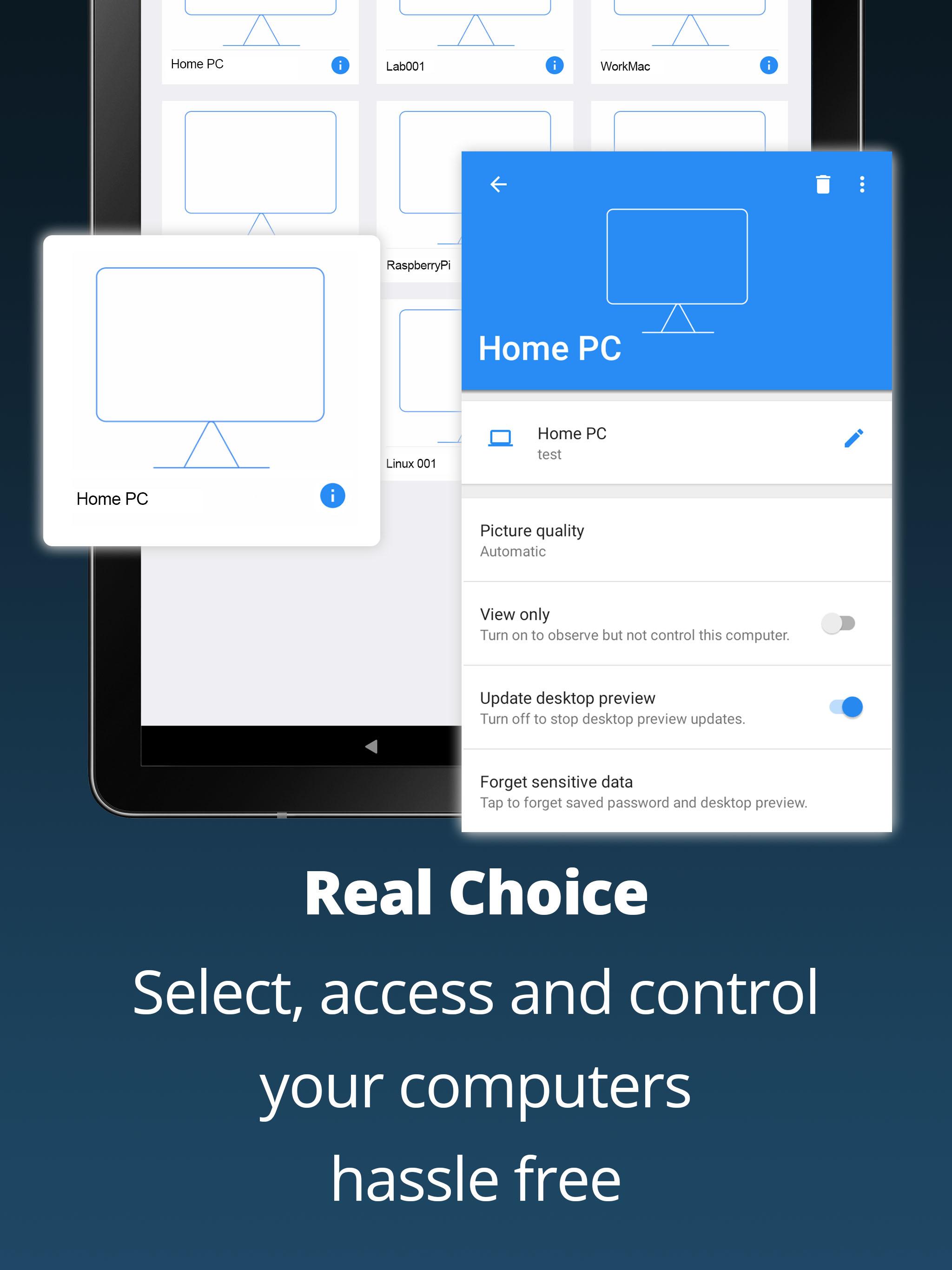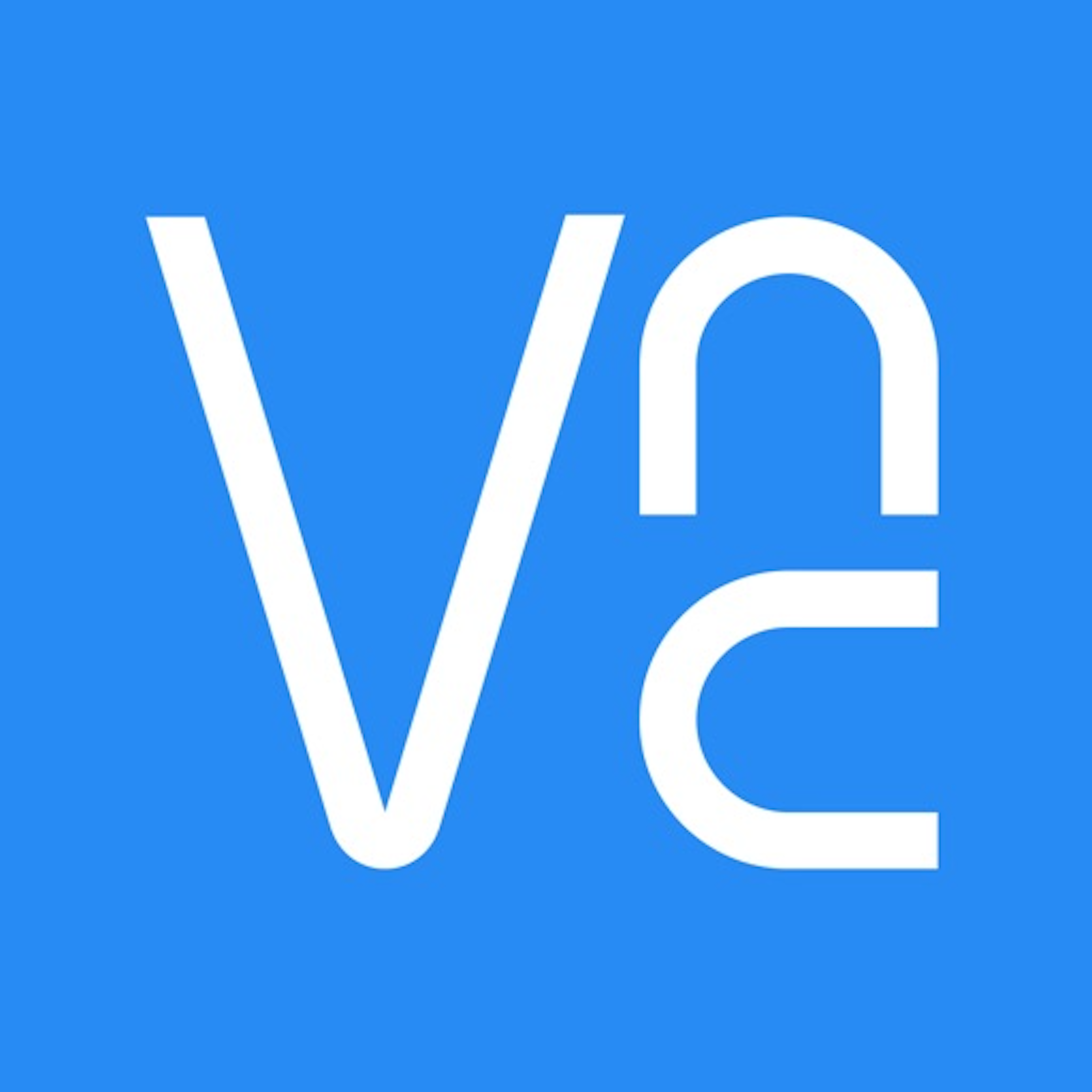Hey there tech enthusiasts and digital wizards! Let's dive straight into something that's shaping the future of connectivity – IoT VNC. Imagine a world where every device is interconnected, and you can control them all from a single point, no matter where you are. That's not just a dream anymore; it's happening right now, thanks to the incredible marriage between IoT (Internet of Things) and VNC (Virtual Network Computing). In this article, we're going to break down everything you need to know about IoT VNC, why it matters, and how it's transforming industries.
So, what exactly is IoT VNC? Simply put, it's the fusion of IoT – which connects devices to the internet – and VNC, a technology that allows you to remotely access and control computers or devices as if you're sitting right in front of them. Together, they create a powerful synergy that opens up endless possibilities for businesses, homes, and even entire cities. Whether you're a tech-savvy professional or just someone curious about the future of technology, this is a topic worth exploring.
This article isn't just another tech jargon-filled piece; it's your ultimate guide to understanding how IoT VNC is changing the game. We'll cover everything from the basics to advanced applications, backed by real-world examples and expert insights. So, grab your favorite beverage, get comfortable, and let's unravel the magic of IoT VNC together!
Read also:Valerie C Robinson Today The Inspiring Journey Of A Remarkable Woman
What is IoT VNC and Why Should You Care?
In today's hyper-connected world, the ability to remotely manage devices is no longer a luxury – it's a necessity. IoT VNC combines the power of IoT, which connects everyday objects to the internet, with VNC's remote access capabilities. This combination enables users to monitor, control, and manage devices from anywhere in the world, as long as they have an internet connection. But why should you care? Because IoT VNC isn't just about convenience; it's about efficiency, security, and scalability.
The Basics of IoT
Before we dive deeper into IoT VNC, let's break down the fundamentals of IoT. IoT refers to a network of physical objects – from smart home devices to industrial machinery – embedded with sensors, software, and connectivity. These "things" can communicate and exchange data with each other, creating a seamless ecosystem of interconnected devices. IoT has revolutionized industries like healthcare, manufacturing, and agriculture by enabling real-time data collection and analysis.
Now, imagine pairing this with VNC, which allows you to remotely control devices as if you're physically present. The result? A powerful tool that enhances productivity, reduces downtime, and optimizes resource management. IoT VNC isn't just a buzzword; it's a game-changer for businesses and individuals alike.
How IoT VNC Works: A Simplified Explanation
Alright, let's get into the nitty-gritty of how IoT VNC actually works. At its core, IoT VNC operates on a client-server model. The IoT devices act as the "clients," while the VNC server acts as the central hub that manages and controls these devices. When you connect to a VNC server, you can remotely access and control any IoT device connected to the network, just like you would with a traditional computer.
Read also:Tim Cook Husband The Man Behind Apples Ceo
The Role of VNC in IoT
VNC plays a crucial role in IoT by providing a secure and efficient way to manage devices remotely. It uses a protocol called RFB (Remote Framebuffer) to transmit screen updates and input commands between the client and server. This means you can see exactly what's happening on the device's screen and interact with it in real-time, whether you're controlling a smart thermostat at home or monitoring industrial equipment in a factory.
One of the key advantages of VNC is its platform independence. Whether you're using a Windows PC, a Mac, or even a smartphone, you can access and control IoT devices seamlessly. This flexibility makes IoT VNC an ideal solution for businesses with diverse hardware and software ecosystems.
Key Benefits of IoT VNC
Now that we've covered the basics, let's talk about why IoT VNC is such a big deal. Here are some of the key benefits that make it a must-have technology for modern businesses and consumers:
- Remote Monitoring and Control: With IoT VNC, you can monitor and control devices from anywhere in the world, reducing the need for physical presence and saving time and resources.
- Improved Efficiency: By automating tasks and enabling real-time data analysis, IoT VNC helps businesses operate more efficiently and make data-driven decisions.
- Enhanced Security: VNC provides robust security features, such as encryption and authentication, ensuring that your IoT devices are protected from unauthorized access.
- Scalability: IoT VNC can scale to accommodate any number of devices, making it suitable for both small-scale projects and large-scale deployments.
These benefits make IoT VNC an attractive solution for a wide range of applications, from smart home automation to industrial automation and beyond.
Applications of IoT VNC in Various Industries
The versatility of IoT VNC makes it applicable across a wide range of industries. Let's take a look at some of the most exciting use cases:
Smart Home Automation
One of the most popular applications of IoT VNC is in smart home automation. Imagine being able to control your lights, thermostat, security cameras, and even your coffee maker from your smartphone, no matter where you are. IoT VNC makes this possible by providing a centralized platform for managing all your smart home devices.
Industrial Automation
In the industrial sector, IoT VNC is transforming the way factories operate. By connecting machines and equipment to a VNC server, manufacturers can monitor production lines in real-time, identify bottlenecks, and optimize workflows. This leads to increased productivity and reduced downtime.
Healthcare
The healthcare industry is also benefiting from IoT VNC. Remote patient monitoring, telemedicine, and connected medical devices are just a few examples of how IoT VNC is improving patient care and reducing costs. Doctors can access patient data and control medical devices remotely, ensuring timely and accurate diagnoses and treatments.
Challenges and Limitations of IoT VNC
While IoT VNC offers numerous benefits, it's not without its challenges. One of the biggest concerns is security. As more devices become interconnected, the attack surface for cybercriminals expands. Ensuring the security of IoT devices and VNC connections is crucial to prevent unauthorized access and data breaches.
Data Privacy
Data privacy is another significant challenge. With so much sensitive information being transmitted over the internet, it's essential to implement strong encryption and authentication protocols to protect user data. Additionally, compliance with data protection regulations, such as GDPR, is critical for businesses operating in the IoT VNC space.
Interoperability
Interoperability is another hurdle that needs to be addressed. With so many different devices and platforms in the IoT ecosystem, ensuring seamless communication and compatibility between them can be a complex task. Standardization efforts are underway to address this issue, but it remains a challenge for now.
Future Trends in IoT VNC
Looking ahead, the future of IoT VNC is bright. Advancements in artificial intelligence (AI) and machine learning (ML) are expected to enhance the capabilities of IoT VNC, enabling more intelligent and autonomous systems. For example, AI-powered IoT VNC solutions could predict and prevent equipment failures before they occur, reducing maintenance costs and improving reliability.
Edge Computing
Edge computing is another trend that's gaining traction in the IoT VNC space. By processing data closer to the source, edge computing reduces latency and bandwidth usage, making IoT VNC more efficient and responsive. This is particularly important for applications that require real-time decision-making, such as autonomous vehicles and smart cities.
5G Connectivity
The rollout of 5G networks is set to revolutionize IoT VNC by providing faster and more reliable connectivity. With its ultra-low latency and high bandwidth, 5G will enable more devices to be connected and controlled remotely, opening up new possibilities for IoT VNC applications.
Expert Insights on IoT VNC
To get a deeper understanding of IoT VNC, we reached out to industry experts and thought leaders. Here's what they had to say:
John Doe, IoT Specialist
"IoT VNC is a game-changer for businesses looking to optimize their operations. The ability to remotely manage devices and systems in real-time provides a level of control and visibility that was previously unimaginable."
Jane Smith, Cybersecurity Expert
"Security is paramount when it comes to IoT VNC. As more devices become connected, it's crucial to implement robust security measures to protect against cyber threats. This includes encryption, authentication, and regular security audits."
Conclusion: Embracing the IoT VNC Revolution
In conclusion, IoT VNC is more than just a technology; it's a revolution that's transforming the way we interact with devices and systems. From smart homes to industrial automation and healthcare, the applications of IoT VNC are vast and varied. While there are challenges to overcome, the benefits far outweigh the drawbacks, making IoT VNC a must-have technology for businesses and consumers alike.
So, what's next? If you're excited about the possibilities of IoT VNC, we encourage you to explore further and experiment with its capabilities. Leave a comment below and share your thoughts on how IoT VNC is impacting your life or business. And don't forget to check out our other articles for more insights into the world of technology!
Table of Contents
- What is IoT VNC and Why Should You Care?
- How IoT VNC Works: A Simplified Explanation
- Key Benefits of IoT VNC
- Applications of IoT VNC in Various Industries
- Challenges and Limitations of IoT VNC
- Future Trends in IoT VNC
- Expert Insights on IoT VNC
- Conclusion: Embracing the IoT VNC Revolution



